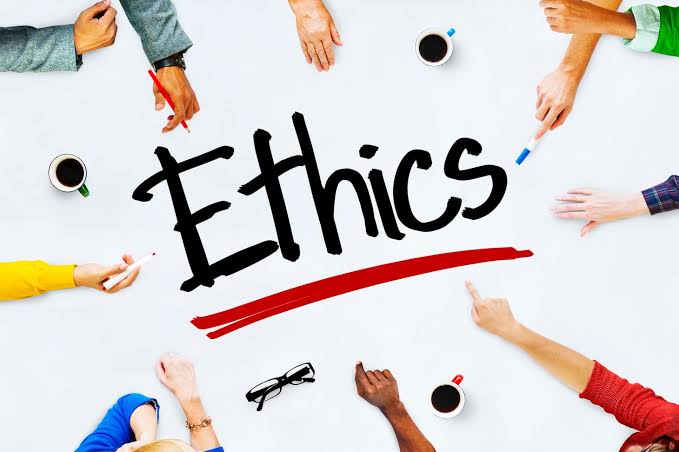This course is a required general education course, and the students will focus on reading, discussing and interpreting a variety of literary works, including short stories, drama, and poetry.
They will develop the language and skills necessary to appreciate the complexity of individual works of literature. They will study elements of plot, theme, narrative point-of-view, tone, characterization, irony, symbolism, ambiguity, allusion, metaphor, word order, suggestion, imagery, form, conflict, etc.
Economics
is the study of choices we make among our many wants and desires, given our
limited resources. Resources are the input that society uses to produce output,
called goods. These resources and goods are considered scarce because of
society’s tendency to demand more resources and goods than are available.
Macroeconomics is the study of the market system on a large scale.
Macroeconomics considers the aggregate performance of all markets in the market
system and is concerned with the choices made by the household sector, the
business sector, and the government sector.

This course
studies the ethical, legal, and social responsibilities of business,
particularly in the product, resource, and labor markets. Principles of moral
philosophy are applied to the analysis of corporate conduct and decision making
in the United States and elsewhere. Case studies and academic articles are used
in the discussion of social responsibility and the respect for human dignity in
organizations driven by the profit motive and competition.
- Teacher: Marcio Cots